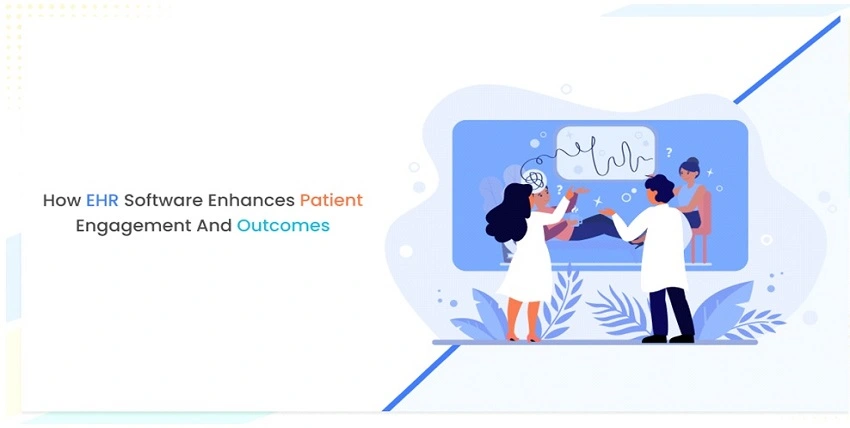This is an article on how to become a full stack web developer in the next five years.
We will see many hybrid app developers who are doing both back-end and front-end programming on top of mobile development in the future.
These developers will have many options available to them, and they can specialize on either side, depending on their skills.
We will explore some of the most exciting areas of development for these hybrid app developers.
This information will be a critical resource for anyone wanting to become one of these seasoned professionals in the future.
How-To Become Full-Stack Expert
As a developer, you will also need to learn about Java. Android does not use Java, so it will be easy to write code once you have taken the introductory courses.
The Java Language Reference Manual will be accommodating as you learn how to become a full-stack expert.
Once you have some experience under your belt, you may wish to consider taking a Java training course. Many online universities offer Java training.
Taking a course will improve your skills and help you decide if you want to continue learning an additional programming language.
Several popular open-source frameworks will help you get started with web development.
Most people choose to use the Android framework because it is simple and easy to work with.
However, web experts who know how to become a full-stack web developer in Android will learn Angular.
HTML & JavaScript
If you are already comfortable with basic HTML and JavaScript, you may want to consider using Flex.
Flex is another simple framework that is great for beginners. It has several advantages over other platforms. It is cross-platform and can be used in mobile applications as well as websites.
To learn how to become a full-stack web developer in Android, you should take an Android course.
This will give you a better understanding of Android web development and help you decide which framework is best for your project.
Software & Tools
Web app developers are expected to understand how to use all the software tools available to them.
As more platforms are developed and supported, it will become increasingly complex and even painful for developers to learn new coding.
Web app developers will need to have deep knowledge of CSS, HTML, Java, and many other protocols to be up to speed on the changing landscape of developing web applications on mobile devices.
Web Applications
It is expected that more than half the programmers who begin working on web applications will go on to specialize.
Those who continue to generalize and build components will find that it is much easier and less costly to make web components that perform specific functions.
There will be many components available for creating different types of interfaces for the database, web services, and social networks.
As well, developers will have the option of building a native application or going the Android way.
Android Software Development
Android is the most popular mobile platform, and there are many ways to develop it.
Web app developers will have to be familiar with many different technologies to be successful in the Android market.
Android uses an open-source development platform called the Apache Cordless Development Kit (CAD).
The Android Software Development Kit includes the Android File Framework, Android libraries and tools, the Android Manifest File, and the Android Service Pack.
Conclusion:
Once you have the basics down, you will need to learn how to use the different tools and frameworks you have chosen.
Most of the time, this involves browsing websites developed in a specific language. You will need to identify similarities and differences between the two languages.
You will probably spend a lot of time developing your skills in CSS, Flash, and Android Kitman.
While you are building sites, you should make sure that they load quickly and are visually appealing.
When you learn how to become a full-stack web developer in Android, you will be ready to build the next generation of websites.


![itms-appss://apps.apple.com/app/instagram/id389801252?vt=lo [2024] 2 itms-appss://apps.apple.com/app/instagram/id389801252?vt=lo](https://trendingserve.com/wp-content/uploads/2024/06/All-the-Information-You-Require-about-Instagram-on-Apple-Devices.webp)
